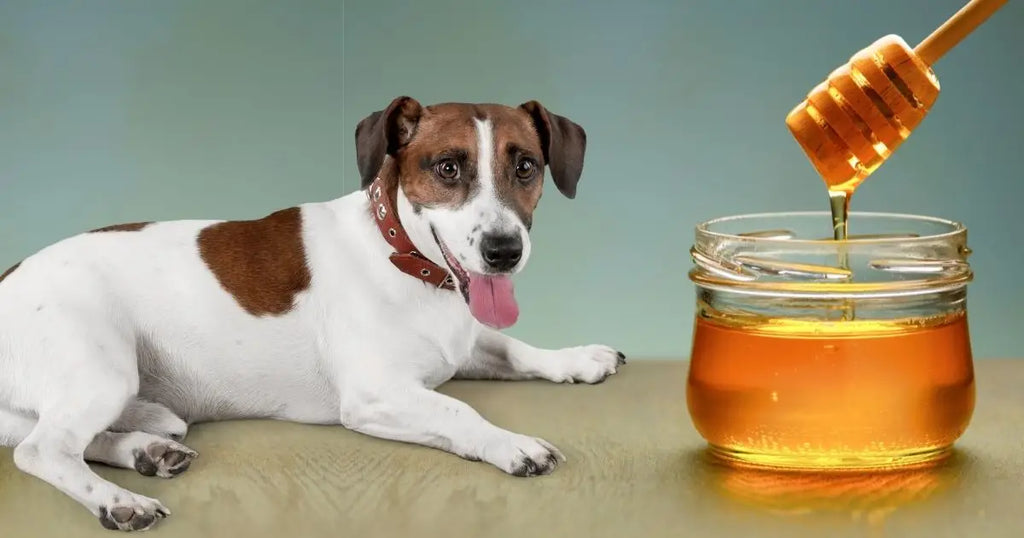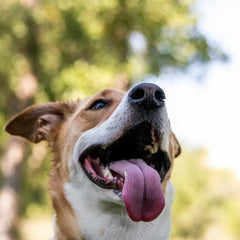The world of dog nutrition is vast and intricate, often sparking questions among dog owners about what foods are safe for their canine companions. One such food item that frequently raises eyebrows is honey. This sweet nectar, adored by many humans for its taste and health benefits, often leads pet owners to wonder: Can dogs have honey? Let's delve into the topic and uncover the truth.
A Sweet Question: Honey Highlights
Honey, a natural sweetener produced by bees from flower nectar, has been consumed by humans for thousands of years. Rich in antioxidants, it's praised for its potential health benefits, including its anti-inflammatory and antibacterial properties.
Nutritional Overview of Honey:
- Natural Sugars: Primarily composed of fructose and glucose, honey is a quick energy source.
- Vitamins & Minerals: Contains trace amounts of various vitamins and minerals, including vitamin C, calcium, and iron.
- Antioxidants: Rich in compounds like flavonoids and phenolic acids that combat oxidative stress.
Given these benefits, it's understandable why one might consider sharing this sweet treat with their furry friend. But, is it safe?
Risks of Honey for Dogs
While honey isn't toxic to dogs and can be given in moderation, there are some considerations and potential risks:
- 1. High Sugar Content: Honey is rich in natural sugars, which can contribute to weight gain if given in large quantities. Overweight dogs are at a higher risk for various health issues, including diabetes.
- 2. Allergies: Just as humans can be allergic to honey, dogs can also show allergic reactions. Symptoms might include coughing, difficulty breathing, or other signs of distress.
- 3. Botulism: Raw honey can contain botulism spores. While adult dogs are usually not affected, puppies can be more susceptible to botulism poisoning.
- 4. Dental Issues: Like any sugary food, excessive consumption of honey can lead to dental problems, including cavities.

How to Safely Feed Honey to Dogs
If you decide to offer your dog a lick of honey, follow these guidelines:
1. Moderation: A small teaspoon for larger dogs and less for smaller breeds is more than enough.
2. Choose Raw, Organic Honey: If you're offering honey for its potential health benefits, opt for raw, organic varieties that are free from added sugars and pesticides.
3. Avoid Giving Honey to Puppies: Due to the risk of botulism, it's best to avoid giving honey to puppies.
4. Monitor for Allergic Reactions: Always observe your dog after introducing any new food into their diet.
Frequently Asked Questions
1. Can honey help with my dog's allergies?
Some dog owners believe that local honey can help dogs with pollen allergies, similar to the belief held for humans. However, scientific evidence on this is limited. Always consult your vet before using honey as a remedy.
2. My dog ate a lot of honey. What should I do?
If your dog consumed a large amount of honey, monitor them for signs of distress. Excessive thirst, frequent urination, and signs of gastrointestinal upset are things to look out for.
3. How often can I give my dog honey?
Given the high sugar content, honey should be an occasional treat. Once or twice a week, in small amounts, is typically safe for most dogs.
Conclusion
Honey, while a delightful natural sweetener for humans, should be given to dogs with caution. Its potential health benefits are intriguing, but the risks necessitate moderation. As always, when introducing any new food to your dog's diet, it's essential to consult with a veterinarian and monitor your pet for any adverse reactions.




